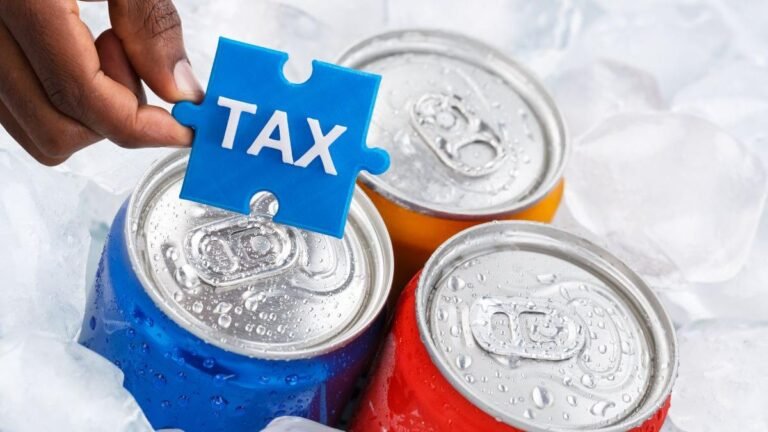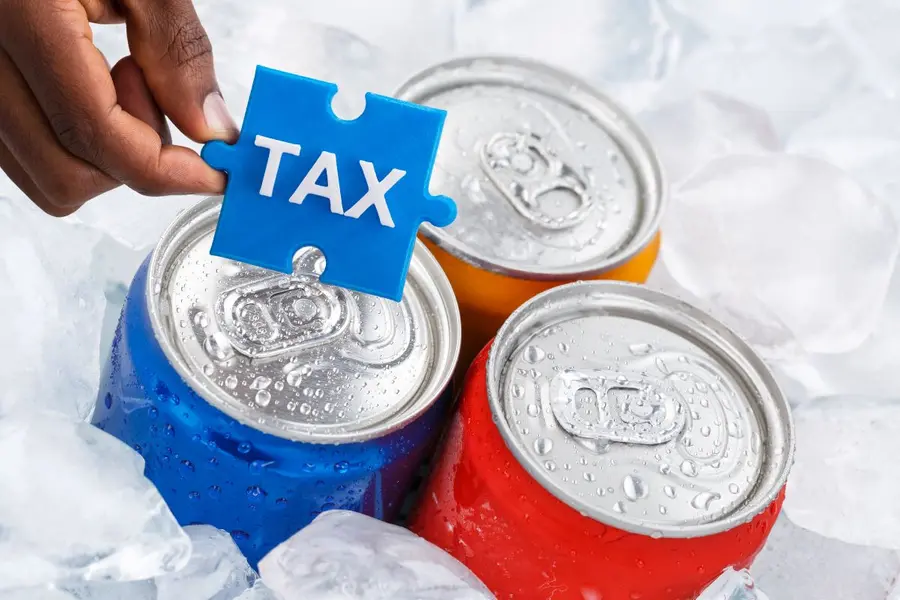Popular high-sugar drinks, such as sodas, are likely to become more expensive
The United Arab Emirates (UAE) is preparing for a massive shift in how it charges tax on fizzy drinks and other sweet beverages, a change set to kick off nationally on January 1, 2026. This move is replacing the existing blanket 50% excise tax on all sugar-sweetened drinks with a new, flexible system. The goal is to encourage healthier consumer choices across the country.
What exactly is the UAE ‘Sugar Tax’ update?
Starting in 2026, the UAE will transition from a fixed 50% tax (known as an ad-valorem excise) to a tiered volumetric model. Under this structure, the tax applied to a beverage will be directly linked to the number of grams of sugar found in every 100ml. This means that the more sugar a drink contains, the higher the tax rate it will face. Consequently, popular high-sugar drinks, such as sodas, are likely to become more expensive. Conversely, beverages with low or zero sugar content could potentially become cheaper.
The tiered system is expected to categorise drinks based on sugar levels per 100ml, possibly defining ‘High sugar’ (8 grams or more), ‘Moderate’ (5 grams to under 8 grams), and ‘Low’ (under 5 grams), with the Cabinet setting specific rates for each tier. It is important to note that energy drinks will continue to face the higher 100% excise tax rate. Products that rely solely on natural sugars and have no added sweeteners may be exempted from this new excise net.
Why is the government changing the tax rules now?
The primary reason for adopting this new tax framework is to boost public health. By linking higher prices to higher sugar content, the government aims to reduce sugar consumption among residents. The Ministry of Finance stated that this move supports the UAE’s wider health goals, particularly tackling the risks associated with diabetes and obesity. Furthermore, the tiered structure is intended to pressure drink manufacturers to change their recipes and reduce the sugar levels in their products.
Officials confirm that updating the tax policy aligns the UAE with the recent decision by the Gulf Cooperation Council (GCC) to adopt this tiered volumetric model. The amendments also form part of the government’s efforts to keep the national tax system modern, fair, and efficient.
Who will feel the impact of these price changes?
The new rules require preparation from multiple groups before the 2026 deadline.
For consumers and households, shoppers must pay close attention to product labels, as the sugar grams per 100ml will determine the final cost. Those who regularly purchase sugary drinks might see their shopping bills increase, while switching to artificially sweetened or low-sugar versions could lead to cost savings. Parents should know that while the prices of children’s drinks could fluctuate, manufacturers might adjust recipes to keep costs stable.
For importers, producers, and retailers, there is substantial work ahead. Businesses must complete product testing, acquire lab reports detailing sugar content, reclassify their inventory, and update registrations on the Federal Tax Authority (FTA) portal. To ensure a smooth transition, the Ministry of Finance has introduced a mechanism: if importers or producers paid the old 50% tax on goods that are still unsold when the new, lower rate applies, they can deduct a portion of the tax they originally paid.
Subscribe to our Newsletter
Disclaimer: Kindly avoid objectionable, derogatory, unlawful and lewd comments, while responding to reports. Such comments are punishable under cyber laws. Please keep away from personal attacks. The opinions expressed here are the personal opinions of readers and not that of Mathrubhumi.


